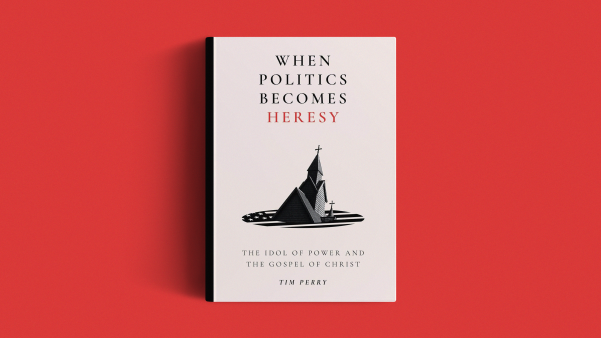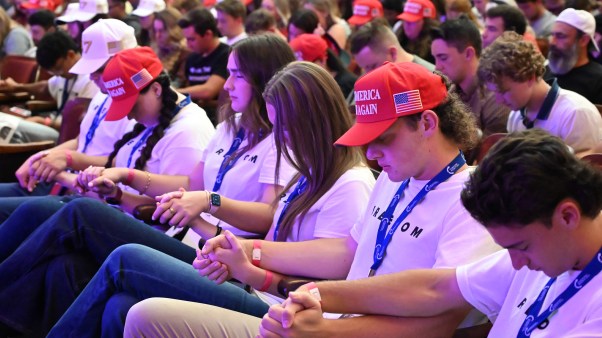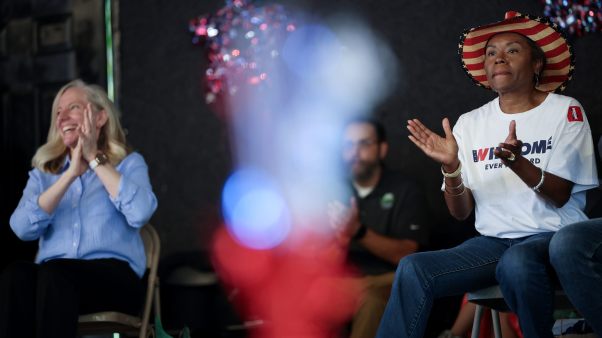Public school officials do not violate a student’s free speech rights when they prohibit displays that promote illegal drug use, the Supreme Court ruled Monday, June 25.
The 5-4 decision appeared to satisfy religious groups which had expressed concern that a ruling could give schools power to limit student religious expression that officials find offensive.
But in Monday’s opinion, the majority emphasized the limited nature of the holding, which is confined to illegal drug use.
“We hold that schools may take steps to safeguard those entrusted to their care from speech that can reasonably be regarded as encouraging illegal drug use,” Chief Justice John G. Roberts Jr. wrote for the majority.
The case, Morse v. Frederick, concerns Alaska high school student, Joseph Frederick, now 24, who unfurled a 14-foot-long “Bong Hits 4Jesus” banner as the Olympic torch passed near his school in 2002. Frederick later testified that he intended the banner “to be meaningless and funny, in order to get on television.”
But Deborah Morse, the principal at Juneau-Douglas High School, suspended Frederick for 10 days because she said the banner promoted illegal drug use in violation of school policy.
Frederick sued and won the backing of several conservative religious organizations. Though they disagreed with the message in question, the groups—such as the Christian Legal Society and the American Center for Law and Justice—worried that the court might cut back on student free speech rights established in a series of earlier rulings that applied to political and religious expression.
“Not even Frederick argues that the banner conveys any sort of political or religious message,” Roberts noted, adding, “This is plainly not a case about political debate over the criminalization of drug use or possession.”
In a concurring opinion, Justice Samuel A. Alito also emphasized the decision’s narrow scope. The court’s ruling “provides no support for any restriction of speech that can plausibly be interpreted as commenting on any political or social issue, including speech on issues such as ‘the wisdom of the war on drugs or of legalizing marijuana for medicinal use,'” Alito wrote.
Justices Antonin Scalia, Clarence Thomas, and Anthony Kennedy concurred with the majority opinion.
The dissent criticized what it saw as the broad reach of the ruling, with Justice John Paul Stevens arguing that the school’s anti-drug policy “cannot justify disciplining Frederick for his attempt to make an ambiguous statement to a television audience simply because it contained an oblique reference to drugs.”
“This case began with a silly nonsensical banner, it ends with the court inventing out of whole cloth a special First Amendment rule permitting the censorship of any student speech that mentions drugs, so long as someone could perceive that speech to contain a latent pro-drug message,” warned Stevens, who was joined by Justices David Souter and Ruth Bader Ginsburg.
Justice Stephen Breyer agreed with part of the opinion but dissented from the final outcome.
Copyright © 2007 Christianity Today. Click for reprint information.
Related Elsewhere:
The NewYorkTimes, Washington Post, and Associated Press reported and reacted to the ruling.
Weblog and Quotation Marks have comments on ‘Bong Hits’ as it went to the Supreme Court.
Our previous coverage includes ‘Supreme Court Hears ‘Bong Hits 4 Jesus’ Case.’
The First Amendment Center has more on the free speech rights of public school students.
Religion Clause blogger Howard Friedman argues that the grounds on which the justices decided the case are too narrow to have implications for religious speech.








